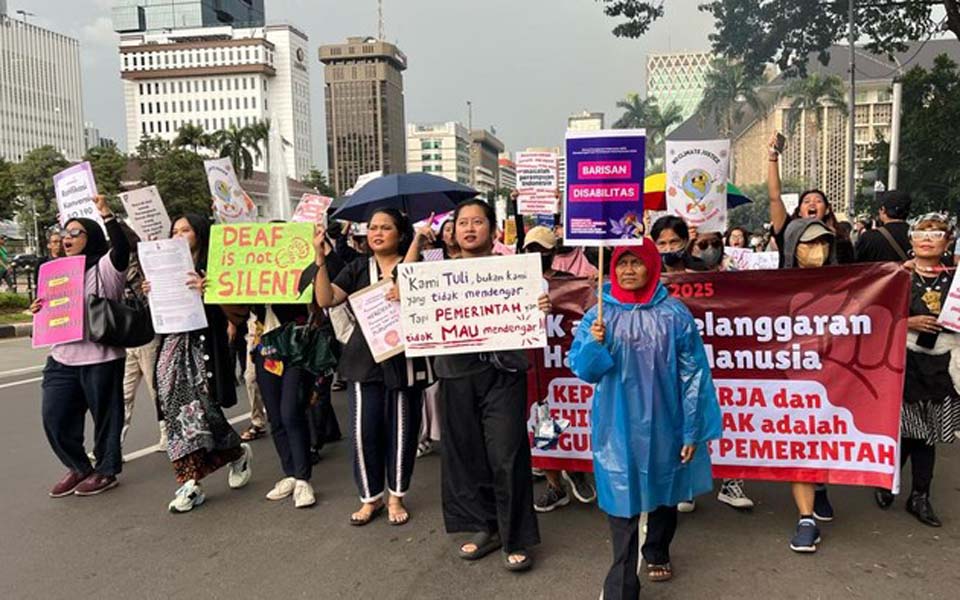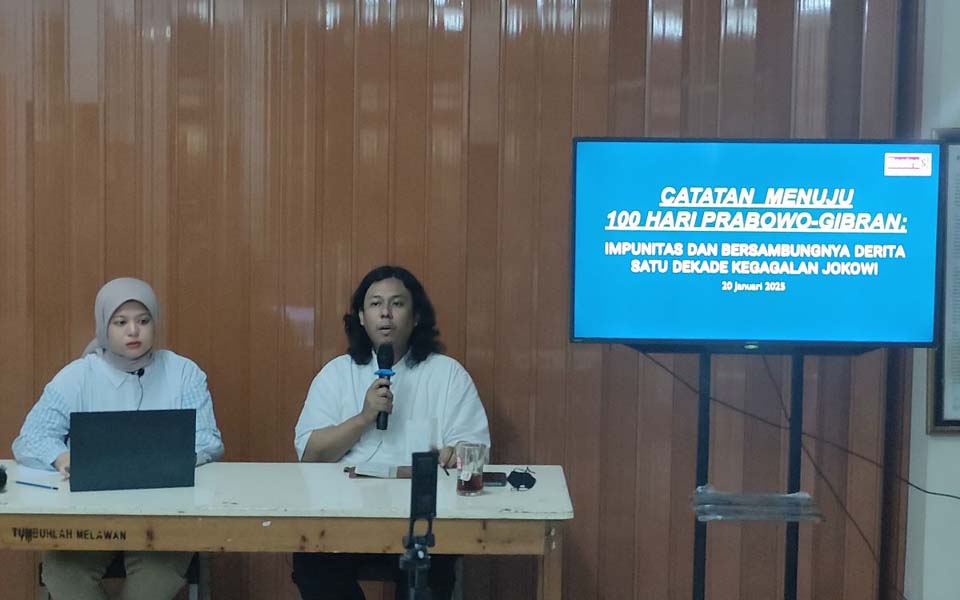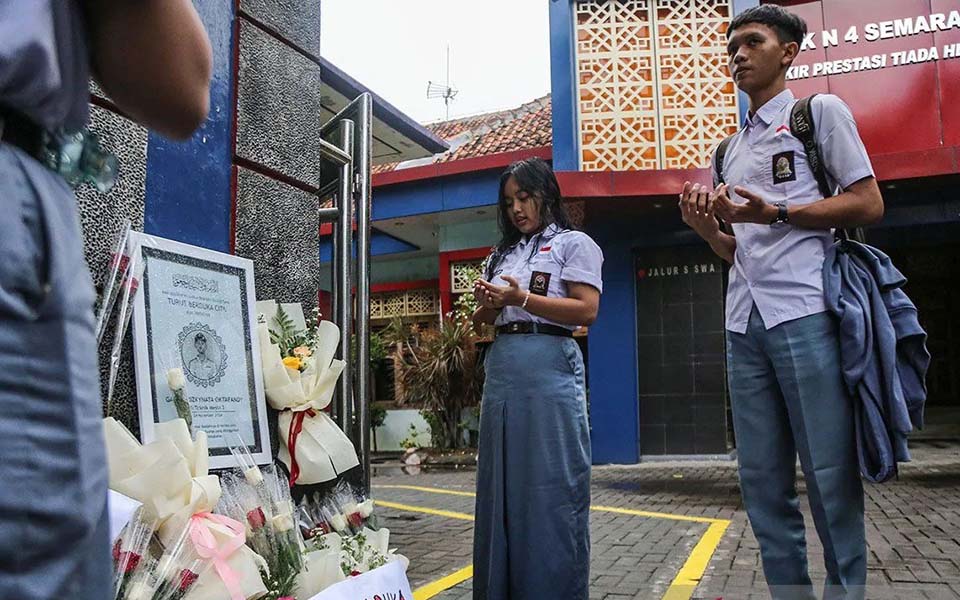Tsarina Maharani, Jakarta – National Commission on Violence Against Women (Komnas Perempuan) Deputy Chairperson Mariana Amiruddin says implementing the principle of restorative justice in rape cases does not mean marrying off the victim to the rapist.
Amiruddin is of the view that restorative justice is different from mediation which takes the middle road in resolving a problem. She said this in response to a statement by Coordinating Minister for Security, Politics and Legal Affairs Mahfud MD who cited an example of resolving a rape case with a restorative justice approach by marrying off the victim to their rapist.
"Of course it's not appropriate if they're married off. Essentially, restorative justice is not mediation to mediate a problem, but to prevent it from happening again", said Amiruddin when contacted on Wednesday February 17.
In rape cases, according Amiruddin, the implementation of restorative justice must focus on the victim's rehabilitation. Aside from this, in order to prevent the case from happing again, the perpetrator must also be given counseling. "So the point is it's more towards that. Not a middle way", she said.
Amiruddin also said that the principle of restorative justice is actually embodied in the Draft Law on the Elimination of Sexual Violence (RUU PKS).
She said that the prevention aspect is the important key in resolving cases of sexual violence. "There is the prevention aspect so it does not keep happening. So it's not mediation, especially in rapes, yes. Rapes impacts more on the victim, right", said Amiruddin.
Earlier, Mahfud stated that a restorative justice approach in law enforcement can bring harmony to society. Mahfud said that traditional communities have long applied the principle of restorative justice, where in minor cases, according to Mahfud, it is enough for them to be resolved by consultation.
Mahfud then gave the example of rape cases. According to Mahfud, the restorative justice approach does not talk about the rapist having to be arrested and taken to court for trial. Restorative justice, he said, builds harmony between the victim's family and the rapist as well avoiding a social uproar.
"For example, Siti is raped. If you want apply the law firmly, the rapist is arrested and goes to court to resolve it. But restorative justice doesn't talk about that, restorative justice says, if we arrest Amir as the rapist then it’s announced that he raped Siti, Siti's family is destroyed", said Mahfud.
"So because of this, first under customary law there is the term 'you just quietly run away, so your parents don’t know'. So first there's a marriage in a different area (kawin lari). That's restorative, so that people don't make a fuss. So that the rape victim isn't ashamed in front the whole village. Get married in a different area. That's an example of restorative justice, building harmony", he said.
[Translated by James Balowski. The original title of the article was "Komnas Perempuan: Restorative Justice Bukan Berarti Menikahkan Korban dan Pelaku Perkosaan".]















